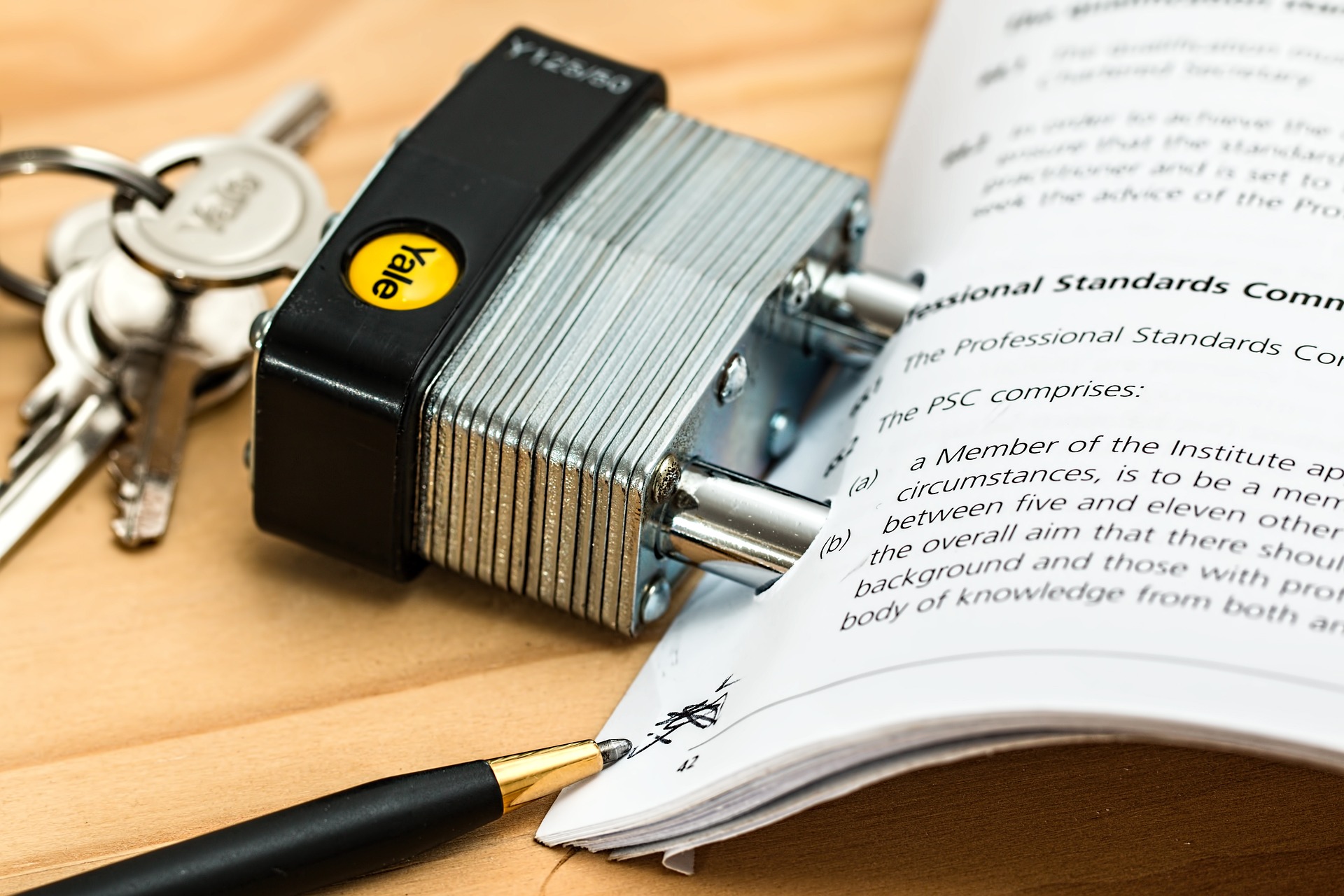As a startup, you may not have the same bargaining power as a large company when it comes to negotiating contracts. Or, you may not have the time or resources to thoroughly review a contract before signing it. This can put you at a disadvantage if the other party tries to include unfair terms in the contract. In this article, we’ll discuss what unfair contract terms are and how you can protect yourself from them.
What are unfair contract terms?
Unfair contract terms are clauses in a contract that are not favorable to one party, or that create an imbalance in the rights and obligations of the parties. They can be found in standard form contracts, which are contracts that are not individually negotiated between the parties.
In general, unfair contract terms for consumers are void and unenforceable. This means that if one party tries to enforce an unfair term, the other party can refuse to comply and may be able to recover damages. In B2B transactionts it is often acceptable due to the freedom of contract, however, there are exceptions.
What makes a contract term unfair?
There is no definitive list of what makes a contract term unfair. However, the following are some examples of terms that may be considered unfair:
- Terms that allow one party to cancel the contract unilaterally or without cause
- Terms that allow one party to change the terms of the contract unilaterally or without cause
- Terms that increase the price of goods or services without the other party’s consent
- Terms that allow one party to refuse to perform their obligations under the contract without consequences
- Terms that impose an unreasonable penalty on one party for breaching the contract
- Terms that give one party an unfair advantage over the other party
How can you protect yourself from unfair contract terms?
There are a few things you can do to protect yourself from unfair contract terms:
Read the contract carefully before you sign it
First and foremost, you should always read the contract carefully before you sign it. This includes all of the fine print and any clauses that you don’t understand. If there is anything in the contract that you’re not comfortable with, don’t be afraid to ask for clarification or to negotiate a different term. Never forget about the possibility to not sign this contract.
Use standard form contracts sparingly
Standard forms are defined as contracts that are not individually negotiated between the parties. They are often used in situations where there is a large imbalance in bargaining power, such as when a consumer is buying goods or services from a large company. A typical sentence from a standard form contract might read, “The company reserves the right to change these terms at any time without prior notice.”
Have an experienced lawyer review the contract
If you’re not comfortable reviewing the contract yourself, or if you want a second opinion, you can have an experienced lawyer review the contract for you. This is particularly important if the contract is complex or if there is a lot at stake. LEGID can connect you with a lawyer who specializes in contract law and ensure that you get the best possible legal advice. The proper review of the contract by lawyer mitigates your risks in future. The practice shows, that asking a lawyer for the help after you signed the unfair contract is much more expensive than a preliminary consultation before.
Be aware of your rights under consumer protection laws
In some cases, unfair contract terms may also be considered void or unenforceable under consumer protection laws. These laws vary from country to country, but they typically provide additional protections for consumers who are entering into contracts with businesses. For example, in the European Union, the Unfair Contract Terms Directive prohibits the use of unfair contract terms in contracts with consumers.
Use caution when signing contracts electronically
If you’re asked to sign a contract electronically (for example, by email or through an online form), be extra cautious. It’s easy to miss important details when you’re not reading a physical copy of the contract. Make sure that you take the time to review the entire contract before you click “agree” or “sign.”
Unfair contract terms can have a serious impact on your rights and obligations under a contract. If you’re concerned about a term in your contract, take the time to understand it fully before you agree to it. Lastly, if you’re ever in doubt, seek out legal advice from a qualified lawyer. LEGID makes it easy to find the right lawyer for your needs and to get expert legal advice on your contract. Get in touch with us today at hi@legid.app for more information.

